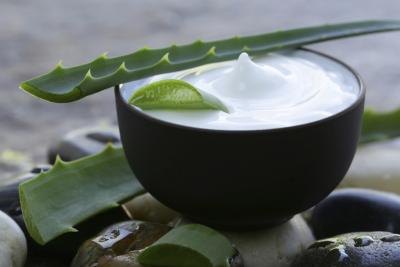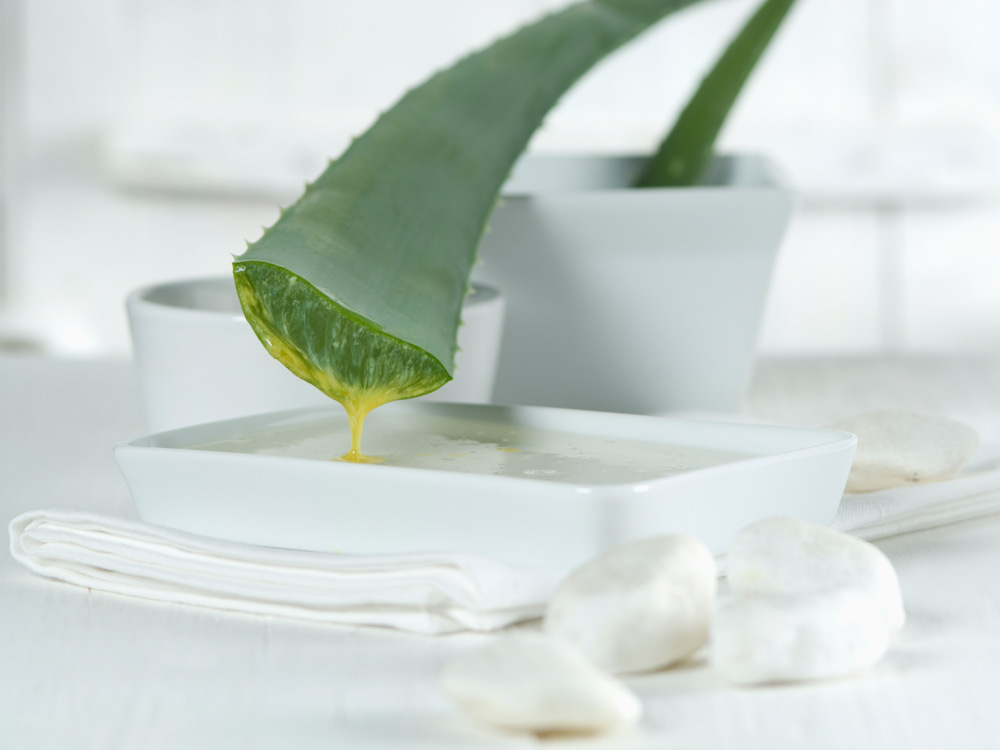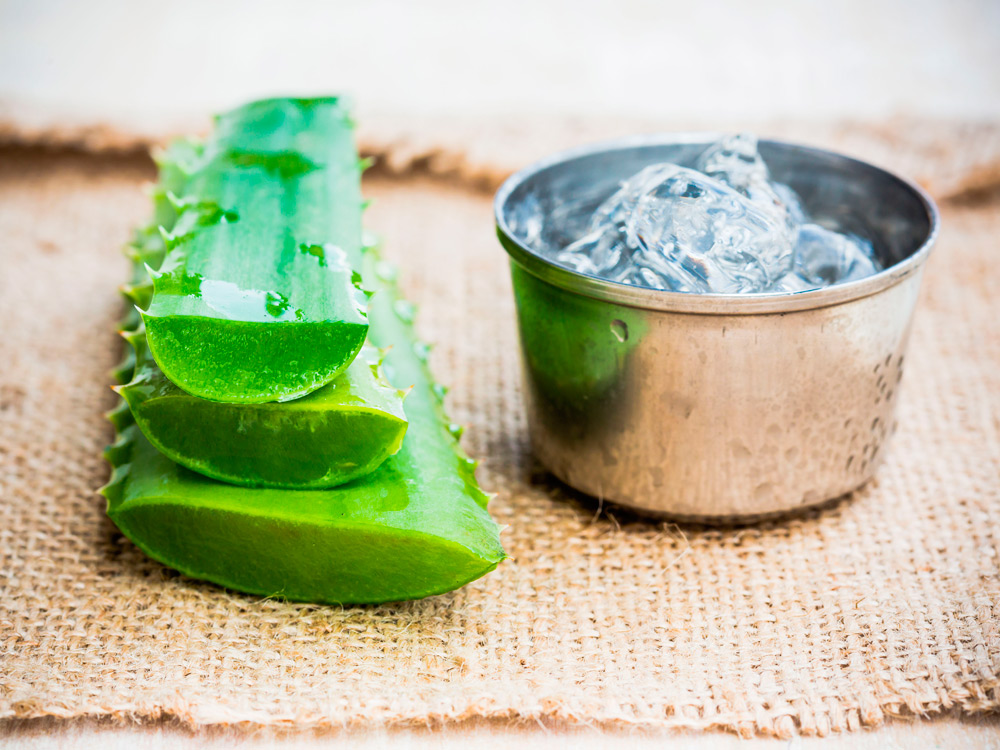Health Benefits of Coconut
Coconut
Fruit of the coconut palm, which grows throughout the lowland tropics. The fruit has a large outer husk of fibres, which is removed and used to make coconut matting and ropes. Inside this is the nut which is exported to temperate countries. Its hard shell contains white flesh and clear coconut milk, both of which are tasty and nourishing. (Cocos nucifera, family Arecaceae.)
The white flesh of the coconut can be eaten fresh, or it can be dried before extracting the oil which makes up nearly two-thirds of it. The oil is used to make soap and margarine and in cooking; the remains are used in cattle feed.
Health Benefits of Coconut
- Hair Care: Coconut oil is one of the best natural nutrition for hair. It helps in healthy growth of hair providing them a shinny complexion. Regular massage of the head with coconut oil ensures that your scalp is free of dandruff, lice, and lice eggs, even if your scalp is dry. Coconut oil is extensively used in the Indian sub-continent for hair care. It is an excellent conditioner and helps in the re-growth of damaged air. It also provides the essential proteins required for nourishing damaged hair. It is therefore used as hair care oil and used in manufacturing various conditioners, and dandruff relief creams. Coconut oil is normally applied topically for hair care.
- Stress Relief: Coconut oil is very soothing and hence it helps in removing stress. Applying coconut oil to the head followed with a gentle massage helps in removing mental fatigue.
- Skin Care: Coconut oil is excellent massage oil for the skin as well. It acts as an effective moisturizer on all types of skins including dry skin. The benefit of coconut oil on the skin is comparable to that of mineral oil. CoconutsFurther, unlike mineral oil, there is no chance of having any adverse side effects on the skin with the application of coconut oil. Coconut oil therefore is a safe solution for preventing dryness and flaking of skin. It also delays wrinkles, and sagging of skin which normally become prominent with age. Coconut oil also helps in treating various skin problems including psoriasis, dermatitis, eczema and other skin infections. Therefore coconut oil forms the basic ingredient of various body care products such as soaps, lotions, creams, etc., used for skin care.
- Premature Aging: Coconut oil helps in preventing premature aging and degenerative diseases due to its antioxidant properties.
- Heart Diseases: There is a misconception spread among many people that coconut oil is not good for the heart. This is because it contains a large quantity of saturated fats. However, coconut oil is beneficial for the heart. It contains about 50% lauric acid, which helps in preventing various heart problems including high cholesterol levels and high blood pressure. The saturated fats present in coconut oil are not harmful as it happens in case of other vegetables oils. It does not lead to increase in LDL levels. It also reduces the incidence of injury in arteries and therefore helps in preventing atherosclerosis.
- Weight Loss: Coconut oil is very useful in reducing weight. It contains short and medium-chain fatty acids that help in taking off excessive weight. It is also easy to digest and it helps in healthy functioning of the thyroid and enzymes systems. Further, it increases the body metabolism by removing stress on pancreases, thereby burning out more energy and helping obese and overweight people reduce their weight. Hence, people living in tropical coastal areas, who eat coconut oil daily as their primary cooking oil, are normally not fat, obese or overweight.
- Pancreatitis: Coconut oil is also believed to be useful in treating pancreatitis.
- Digestion: Internal use of coconut oil occurs primarily as cooking oil. Coconut oil helps in improving the digestive system and thus prevents various stomach and digestion related problems including irritable bowel syndrome. The saturated fats present in coconut oil have anti microbial properties and help in dealing with various bacteria, fungi, parasites, etc., that cause indigestion. Coconut oil also helps in absorption of other nutrients such as vitamins, minerals and amino acids.
- Immunity: Coconut oil is also good for the immune system. It strengthens the immune system as it contains antimicrobial lipids, lauric acid, capric acid and caprylic acid which have antifungal, antibacterial and antiviral properties. The human body converts lauric acid into monolaurin which is claimed to help in dealing with viruses and bacteria causing diseases such as herpes, influenza, cytomegalovirus, and even HIV. It helps in fighting harmful bacteria such as listeria monocytogenes and heliobacter pylori, and harmful protozoa such as giardia lamblia.
- Healing: When applied on infections, it forms a chemical layer which protects the infected body part from external dust, air, fungi, bacteria and virus. Coconut oil is most effective on bruises as it speeds up the healing process by repairing damaged tissues.
- Infections: Coconut oil is very effective against a variety of infections due to its antifungal, antiviral, and antibacterial properties. According to the Coconut Research Center, coconut oil kills viruses that cause influenza, measles, hepatitis, herpes, SARS, etc. It also kills bacteria that cause ulcers, throat infections, urinary tract infections, pneumonia, and gonorrhea, etc. Coconut oil is also effective on fungi and yeast that cause candidiasis, ringworm, athlete's foot, thrush, diaper rash, etc.
- Liver: The presence of medium chain triglycerides and fatty acids helps in preventing liver diseases as they substances are easily converted into energy when they reach the liver, thus reducing work load on the liver and also preventing accumulation of fat.
- Kidney: Coconut oil helps in preventing kidney and gall bladder diseases. It also helps in dissolving kidney stones.
- Diabetes: Coconut oil helps in controlling blood sugar, and improves the secretion of insulin. It also helps in effective utilization of blood glucose, thereby preventing and treating diabetes.
- Bones: As mentioned earlier, coconut oil improves the ability of our body to absorb important minerals. These include calcium and magnesium which are necessary for development of bones. Thus coconut oil is very useful to women who are prone to osteoporosis after middle age.
- Dental Care: Calcium is an important element present in teeth. Since coconut oil facilitates absorption of calcium by the body, it helps in getting strong teeth. Coconut oil also stops tooth decay.
- HIV and Cancer: It is believed that coconut oil plays an instrumental role in reducing viral susceptibility of HIV and cancer patients.

Referred to as the “plant of immortality” by ancient Egyptians, the use of aloe vera dates back thousands of years. Frequently found in skin creams, aloe vera gel is known for its moisturizing, anti-aging and acne-controlling qualities. It comes from the leaf of the aloe vera plant, a bright green succulent easy to grow in the home. Extract fresh gel by cutting off a leaf, slicing along its length and scraping out the inner jelly. For convenience, aloe vera can also be found in various potencies in gels and creams sold at drugstores and health food stores.
Soothe Burns
Many people first encounter aloe vera after spending too much time in the sun -- it’s frequently found as an ingredient in sunburn products. There's evidence the gel helps the skin repair itself after excessive sun exposure by increasing blood flow in the vessels close to the skin's surface. Its natural antiseptic properties kill bacteria and protect broken or blistered skin from infection. If too much sun leaves you red and sore, apply aloe vera gel gently to the affected area and allow it to soak in. Reapply as necessary.
Calm Psoriasis
Sufferers of psoriasis are plagued by itchy areas of skin covered with raised red patches and dead cells. Using aloe vera can help heal and calm the condition, and keeping the skin moisturized can ease itching. Smooth the gel onto the affected areas three times a day for five weeks. Ready-made creams can also be used as long as they contain 0.5 percent aloe.
Heal Hair
Aloe vera can be used to improve the condition of both the scalp and hair. Rub the gel into your scalp before bed and rinse it out in the morning to ease dandruff symptoms with the gel’s anti-inflammatory properties. Bring life back to dull, dry hair by harnessing aloe’s moisturizing qualities -- mix some natural gel with your regular shampoo and conditioner. For a more intense treatment, apply neat aloe vera to damp hair, wrap your head in a warm damp towel for 15 minutes and then rinse your hair and wash as normal.
Blend Beauty Treatments
Keep an aloe vera plant on hand to dip into as an ingredient for all manner of homemade beauty concoctions. The gel’s moisturizing, cooling and antifungal properties make it a valuable ingredient in all stages of facial care. Scrub your face clean with a mixture of 2 tablespoons of aloe vera, 2 tablespoons of brown sugar and a tablespoon of lemon juice. Slather on a mask made from 2 parts aloe vera gel to 1 part honey to nourish, soothe and combat blemishes. Rinse your face clean and finish off with a homemade moisturizer formed by whisking together 2 parts aloe vera gel with 1 part jojoba oil for gleaming, soft skin.







